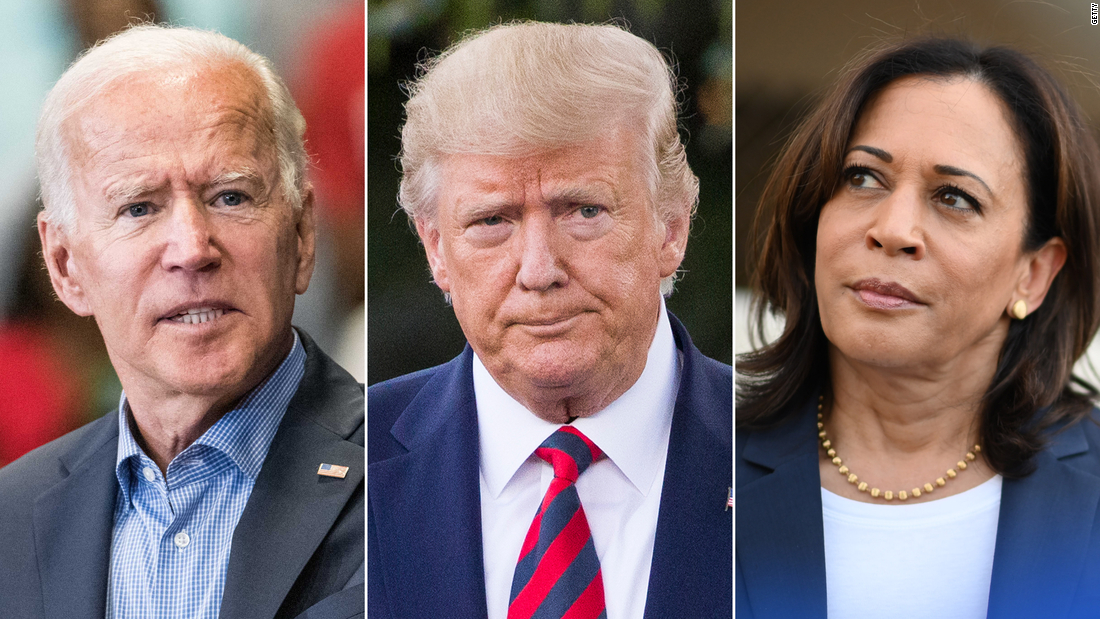By Jill Lawless
Five years ago, on Friday, two crowds gathered near Britain’s Parliament – some with Union Jacks and cheers, others with European Union flags and tears.
On January 31, 2020, at 11 p.m. London time – midnight at EU headquarters in Brussels – the U.K. officially left the bloc after almost five decades of membership that had brought free movement and free trade between Britain and 27 other European countries.
For Brexit supporters, the U.K. was now a sovereign nation in charge of its own destiny. For opponents, it was an isolated and diminished country.
It was, inarguably, a divided nation that had taken a leap into the dark. Five years on, people and businesses are still wrestling with the economic, social and cultural aftershocks.
“The impact has been… quite profound,” said political scientist Anand Menon, who heads the think-tank U.K. in a Changing Europe. “It’s changed our economy.
“And our politics has been changed quite fundamentally, as well,” he added. “We’ve seen a new division around Brexit becoming part of electoral politics.”
A decision that split the nation
An island nation with a robust sense of its historical importance, Britain had long been an uneasy member of the EU when it held a referendum in June 2016 on whether to remain or leave. Decades of deindustrialisation, followed by years of public spending cuts and high immigration, made fertile ground for the argument that Brexit would let the U.K. “take back control” of its borders, laws and economy.
Yet the result – 52% to 48% in favour of leaving – came as a shock to many. Neither the Conservative government, which campaigned to stay in the EU, nor pro-Brexit campaigners had planned for the messy details of the split.
The referendum was followed by years of wrangling over divorce terms between a wounded EU and a fractious U.K. that caused gridlock in Parliament and ultimately defeated Prime Minister Theresa May. She resigned in 2019 and was replaced by Boris Johnson, who vowed to “get Brexit done.”
It wasn’t so simple.
A blow to the British economy
The U.K. left without agreement on its future economic relationship with the EU, which accounted for half the country’s trade. The political departure was followed by 11 months of testy negotiations on divorce terms, culminating in an agreement on Christmas Eve in 2020.
The bare-bones trade deal saw the U.K. leave the bloc’s single market and customs union. It meant goods could move without tariffs or quotas, but brought new red tape, costs and delays for trading businesses.
“It has cost us money. We are definitely slower and it’s more expensive. But we’ve survived,” said Lars Andersen, whose London-based company, My Nametags, ships brightly coloured labels for kids’ clothes and school supplies to more than 150 countries.
To keep trading with the EU, Andersen has had to set up a base in Ireland, through which all orders destined for EU countries must pass before being sent on. He says the hassle has been worth it, but some other small businesses he knows have stopped trading with the EU or moved manufacturing out of the U.K.
Julianne Ponan, founder and CEO of allergen-free food producer Creative Nature, had a growing export business to EU countries devastated by Brexit. Since then, she has successfully turned to markets in the Middle East and Australia, something she says has been a positive outcome of leaving the EU.
Having mastered the new red tape, she is now gradually building up business with Europe again.
“But we’ve lost four years of growth there,” she said. “And that’s the sad part. We would be a lot further ahead in our journey if Brexit hadn’t happened.”
The government’s Office for Budget Responsibility forecasts that U.K. exports and imports will both be around 15% lower in the long run than if the U.K. had remained in the EU, and economic productivity 4% less than it otherwise would have been.
Brexit supporters argue that short-term pain will be offset by Britain’s new freedom to strike trade deals around the world. Since Brexit. the U.K. has signed trade agreements with countries including Australia, New Zealand and Canada.
But David Henig, a European Centre for International Political Economy trade expert, said the new accords have not offset the hit to trade with Britain’s nearest neighbours.
“The big players aren’t so much affected,” Henig said. “We still have Airbus; we still have Scotch whisky. We still do defence and big pharmaceuticals. But the mid-size players are really struggling to keep their exporting position. And nobody new is coming in to set up.”
A lesson in unintended consequences
In some ways, Brexit has not played out as either supporters or opponents anticipated. The COVID-19 pandemic and Russia’s invasion of Ukraine piled on more economic disruption and made it harder to discern the impact of Britain’s EU exit on the economy.
In one key area, immigration, Brexit’s impact has been the opposite of what many predicted. A desire to reduce immigration was a major reason many people voted to leave the EU, yet immigration today is far higher than before Brexit because the number of visas granted to workers from around the world has soared.
Meanwhile, the rise of protectionist political leaders, especially newly returned U.S. President Donald Trump, has raised the stakes for Britain, now caught between its near neighbours in Europe and its trans-Atlantic “special relationship” with the U.S.
“The world is a far less forgiving place now than it was in 2016 when we voted to leave,” Menon said.
Can Britain and the EU be friends again?
Polls suggest U.K. public opinion has soured on Brexit, with a majority of people now thinking it was a mistake. But rejoining seems a distant prospect. With memories of arguments and division still raw, few people want to go through all that again.
Labour Party Prime Minister Keir Starmer, elected in July 2024, has promised to “reset” relations with the EU but has ruled out rejoining the customs union or single market. He’s aiming for relatively modest changes such as making it easier for artists to tour and for professionals to have their qualifications recognised, and closer cooperation on law enforcement and security.
EU leaders have welcomed the change of tone from Britain but have problems of their own amid growing populism across the continent. The U.K. is no longer a top priority.
“I completely understand, it’s difficult to get back together after quite a harsh divorce,” said Andersen, who nonetheless, hopes Britain and the EU will draw closer with time. “I suspect it will happen, but it will happen slowly and subtly without politicians particularly shouting about it.”
Lawless is a London-based Associated Press (AP) Reporter
![]()








